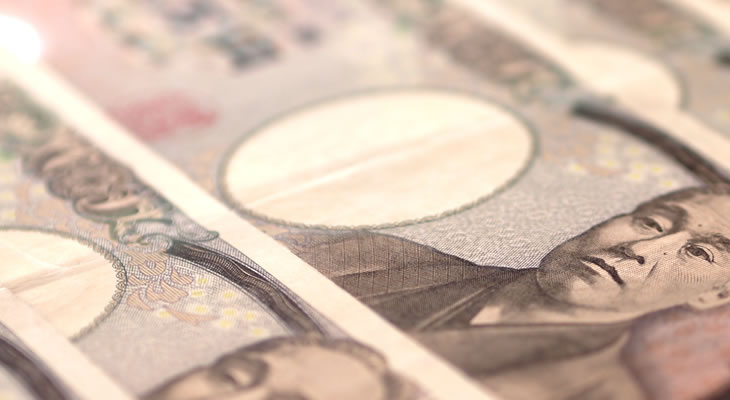BoE Points to Possible Earlier-than-Expected Rate Hike, GBP Exchange Rates Soar
The Pound Japanese Yen (GBP/JPY) exchange rate soared over 1% on Thursday as markets reacted to the Bank of England’s (BoE) first monetary policy decision of 2018.
Unsurprisingly the bank left interest rates on hold at 0.50%, whilst also voting unanimously to maintain the stock of corporate bond and UK government bond purchases.
The bank made a few highly significant hawkish adjustments to their accompanying statement, however, asserting that an earlier than expected rate hike might be warranted if UK’s economy evolves largely in line with projections.
A key section of the report read:
‘Were the economy to evolve broadly in line with the February Inflation Report projections, monetary policy would need to be tightened somewhat earlier and by a somewhat greater extent over the forecast period than anticipated at the time of the November report’.
The central bank also notably raised its growth forecasts, predicting that the UK economy will expand faster than expected in 2018 and 2019.
The updated forecasts are as follows:
- 8% in 2018 (vs 1.6% previous)
- 8% in 2019 (vs 1.7% previous)
- 7% in 2020 (vs 1.7% previous)
This presents a high likelihood that if the UK’s wage growth improves, and unemployment rates remain steady, then the Monetary Policy Committee (MPC) will move for a rate hike in Q2 2018 (perhaps even as early as May).
Dennis de Jong, Managing Director at UFX echoed this sentiment, stating:
‘It’s ‘as you were’ for now, but pending Brexit developments in the next few months, don’t be surprised to see Mark Carney take the plunge and raise interest rates for only the second time in a decade come May’.
Japanese Wage Growth Disappoints, JPY Exchange Rates Tumble in Response
Japanese Yen (JPY) exchange rates also encountered some difficulty today in the form of a drop in Japan’s inflation-adjusted monthly wage growth.
According to data from the Health, Labour and Welfare Ministry, year-on-year average cash earnings grew by 0.7% in December, down from the previous period’s 0.9% growth and missing the forecast of 0.8%.
This fall was primarily attributed to higher electricity and gasoline prices.
Senior Market Econimist at Mitsubishi UFJ Morgan Stanley Securities, Shuji Tonouchi, shared his thoughts on the reading:
‘Nominal wage gains simply aren’t keeping up with prices. This has been a problem since the beginning of Abenomics. Meeting the government’s target of 3% wage increase is a high hurdle’.
This news further contributed to the Pound Japanese Yen’s (GBP/JPY) climb.
UK Trade Balance, Production Readings Ahead – What can we Expect for the GBP/JPY Exchange Rate?
With the BoE rate decision out of the way the market will soon be turning its attention to Friday’s run of UK ecostats, with UK industrial production, manufacturing production, construction output and the highly significant trade balance liable to take centre stage.
The UK’s trade deficit is currently expected to narrow slightly from -£2804 to –£2400, though the other readings are expected to be rather soft.
Manufacturing production is forecast to slip year-on-year in December from 3.5% to 1.2%, whilst construction is expected to drop from 0.4% to -1.9% and industrial production is expected to fall from 2.5% to 0.4%.
This is, however, not entirely surprising after the recent disappointing run of Markit PMI readings, and the Pound could remain largely resilient on the back of today’s upbeat BoE forecasts.


Comments are closed.